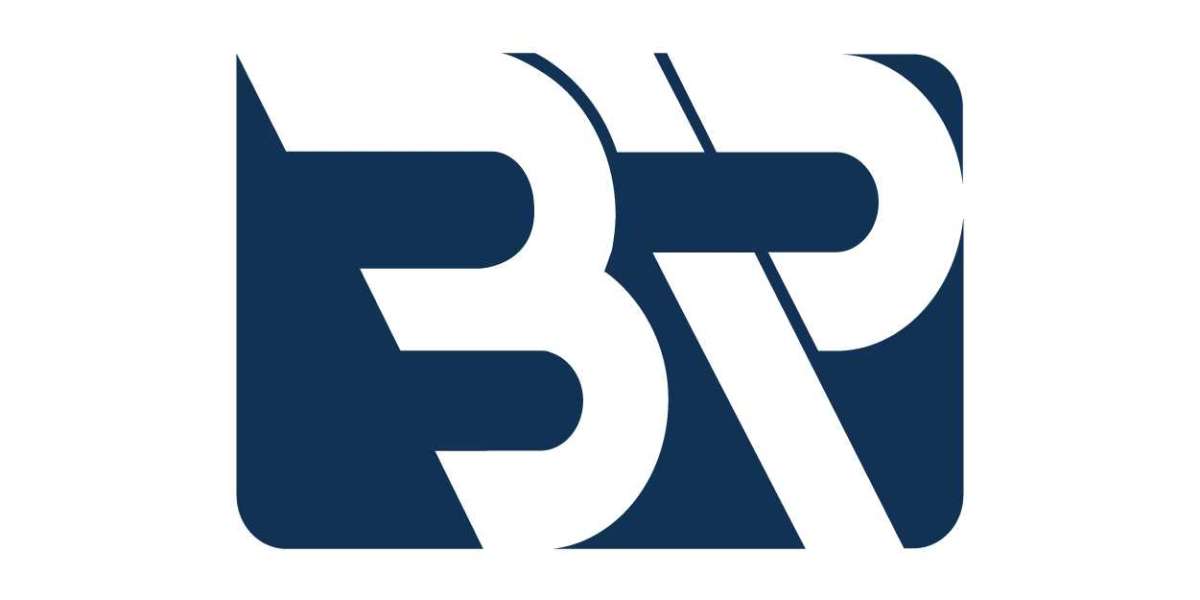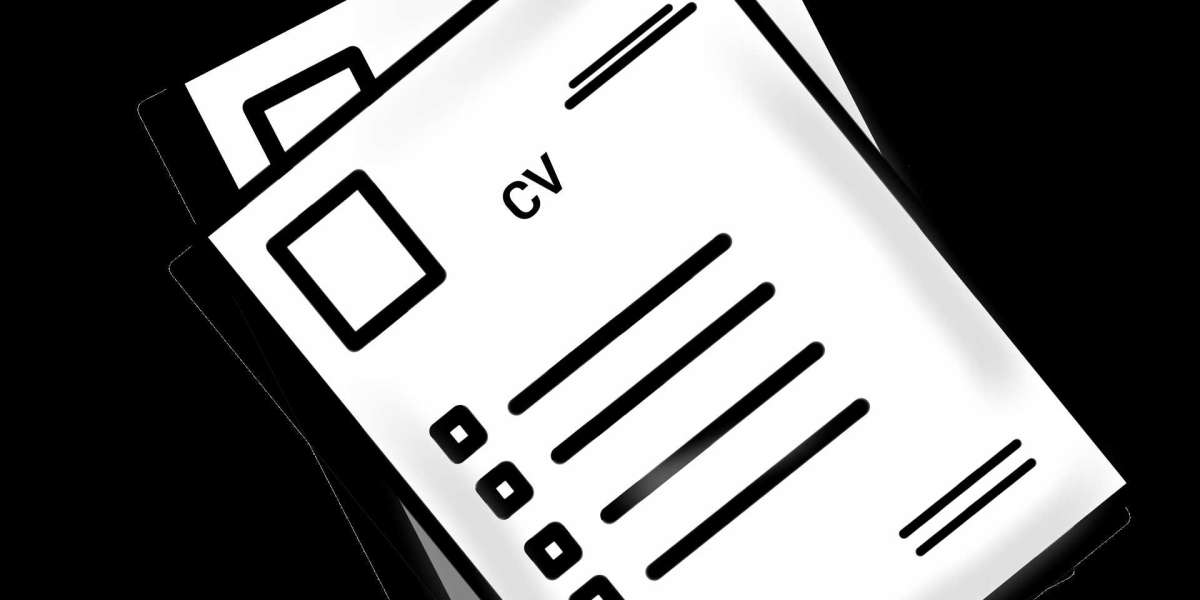There are a number of treatment options for addiction. The right option depends on the severity and type of addiction, the support available from family, friends and others, and the person's motivation to change.
People with addiction often turn to drugs as a way to cope with feelings, such as stress, anxiety, grief, trauma, or negative thoughts and emotions. They usually do not see themselves as addicted and don't set out to become so.
Inpatient Treatment
Inpatient treatment is a part of an addiction treatment program that provides patients with a 24-hour environment for detox, counseling and other services. It can be an effective option for those with severe withdrawal symptoms or for those who have tried other methods of treatment without success.
Detoxification is a major step in the recovery process. It helps people withdraw from drugs and alcohol and reduces the risk of serious medical complications. It can also help patients get used to life without substances and learn how to live a sober lifestyle.
Therapeutic community residential treatment is designed for people with serious psychosocial adjustment problems and often requires resocialization in a highly structured setting (Institute of Medicine, 1990; American Psychiatric Association, 1995). It focuses on reality-oriented individual and group therapy, intensive encounter sessions, participation in a therapeutic milieu, strict behavioral norms, and social responsibility.
Relapse prevention is a core component of many drug and alcohol treatment programs, helping patients recognize dangerous "triggers" that might lead to resumed drinking or drug use. It also teaches them substitute behaviors and new coping skills to deal with external stressors.
Outpatient Treatment
Addiction treatment programs typically include outpatient treatment as part of their services. This allows those in recovery to live at home or a sober living facility and attend weekly sessions at the treatment center, often at night or early morning.
These sessions focus on relapse prevention, psychoeducation, individual and group counseling; teaching recovery skills to help reduce relapse and promote long term sobriety. This type of care is particularly helpful for those who have personal, family, and/or professional responsibilities that keep them away from inpatient treatment.
Intensive Outpatient Programs (IOP):
Those in severe addiction need more intensive support than they can receive with outpatient treatment. IOP may last from 3 to 6 months or more.
Residential treatment is a living-in solution that provides patients with a safe and caring environment for a period of time (from one month to a year). Residents are given 24/7 supervision by licensed professionals to ensure they stay on track with their recovery goals.
Support Groups
As part of an addiction treatment program, support groups can provide an invaluable source of motivation and encouragement. These peer-led, nonprofessional meetings allow members to talk about their struggles with substance abuse, share insights from their experiences, and find new ways to cope with the challenges that come with recovery.
Research shows that attending drug and alcohol recovery support groups can significantly increase a person's chances of staying sober. According to the National Institute on Drug Abuse, support group participation can also help prevent relapse.
These types of groups often involve talking therapy and can provide the type of positive, constructive feedback that many people need as they begin to change their lifestyles and behaviors in recovery.
These groups often include women-only, men-only, and diverse ethnic backgrounds, as well as people of various sexual orientations, teens, veterans and those struggling with dual recovery (a person with an addiction to more than one substance). These diverse groups can offer a wide variety of perspectives on the same issues and can put these challenges in perspective.
Case Management
Case management is an important part of any addiction treatment program. It helps people find the services they need to get better and stay in recovery long-term.
The primary functions of case management include assessment, planning, linkage, monitoring, and advocacy. These functions are implemented by individuals who have a dedicated responsibility for helping clients access the resources they need.
They can also be performed by a person who has a professional background in both therapy and case management. This approach can save time and money by allowing one person to perform both roles.
Compared to TAU, case management was more effective for treatment task outcomes (linkage with substance abuse and ancillary services, retention in substance abuse and ancillary services) but less effective for personal functioning outcomes (substance use, social functioning, health status, legal involvement, risk behavior). The overall CM effect was not influenced by publication bias as visual examination of funnel plots suggested relatively symmetric standard errors and the trim-and-fill method did not alter the estimated overall treatment effect.








